Following the outbreak of World War I, the government renamed the city Petrograd, meaning "Peter's City" in order to remove the German words "Sankt" and "Burg"
In October of 1917, the Bolsheviks, led by Vladimir Lenin, stormed the grand Winter Palace, the official residence of the Russian monarchy dating back to 1732, which led to the transfer of all power to the Soviets and gave rise to the Communist Party. When the city was threatened with bombardment and invasion by advancing German troops, the Soviets transferred the capital to Moscow to keep it away from the border, as was the case in Petrograd.
During World War II, German forces laid siege to the city from September of 1941 until January of 1944, one of the longest, most destructive and lethal sieges of a major city in modern history, with over a million civilian casualties, mainly from starvation.
It's main hockey club is SKA Saint Petersburgh, with SKA standing for Sports Club of the Army, written as CKA in Cyrillic. The team was founded in 1946 with the name Kirov LDO (Leningrad Officers Club). It underwent several name changes until changing to SKA in 1959. Like CSKA Moscow (Central Red Army), SKA belonged to the Soviet Ministry of Defense sports club system with its roster stocked with Leningrad Military District officers.
While several teams were able to rise to the top and win championships with the loss of dominance by CSKA after its systemic advantages were lost following the fall of communism, SKA was not one of those. In the 12 years of the RSL, six different clubs won championships but Saint Petersburg was unable to win even a single playoff round.
The Kontinental Hockey League arrived in 2008-09. The club's fortunes began to look upwards, beginning in 2010, when they won their fourth Spengler Cup.
Playoff success arrived in 2011-12 with the team making it to the conference finals before winning the Continental Cup as the team with the best regular season record at the conclusion of the 2012-13 regular season as they posted a 36-2-11-3 record for 115 points, 11 clear of second place. While they did advance to the conference finals again, the club lost in six games to the eventual champions Dynamo Moscow.
Finally in the 2014-15 season, the team finished second overall in the KHL and then defeated Torpedo Novgorod 4-1, Dynamo Moscow 4-1, Continental Cup winners CSKA Moscow in seven games before claiming their first championship in 69 years when they beat Ak Bars Kazan 4 games to 1.
SKA were captained by former NHL goal scoring leader Ilya Kovalchuk, who was named the MVP of the Gagarin Cup Playoffs.
Other notable players to have skated for SKA include Maxim Afinogenov, Alexi Kasatonov, Darius Kasparaitis, Evgeni Nabokov, Alexi Ponikarovsky, Vladimir Tarasenko, Alexi Yashin, Valeri Zelepukin and Sergei Zubov.
Today's featured jersey is a 2012-13 SKA Saint Petersburg Ilya Kovalchuk jersey as worn by the NHLer early in the season while the NHL lockout was still in effect, foreshadowing his return to Saint Petersburg following his "retirement" from the NHL for the following season.
While in most leagues 68 seasons and no titles to show for it would be a cause for ridicule, not unlike baseball's Chicago Cubs, but the tilted system of Soviet hockey in favor of perennial champions CSKA (Central Red Army), 32 titles in 46 years and 13 in a row from 1978 to 1990, takes some of the heat of SKA as few clubs, other than perhaps Moscow Dynamo, were winning any championships either.
Of note, with the expansion of the KHL beyond the borders of Russia, the league no longer customizes player jerseys with the names on the back in Cyrillic, changing to English in 2011-12.

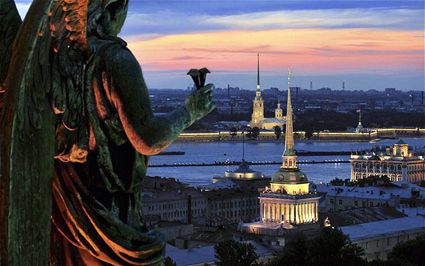
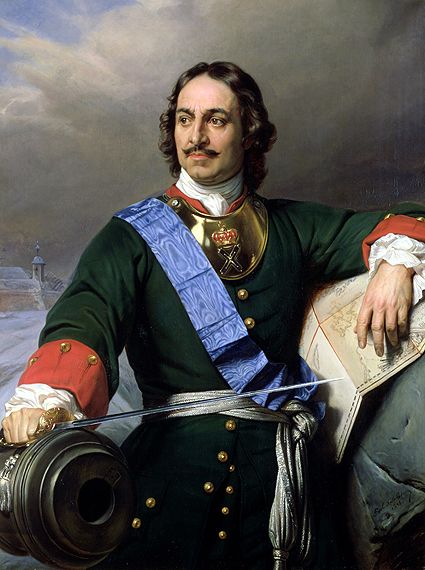
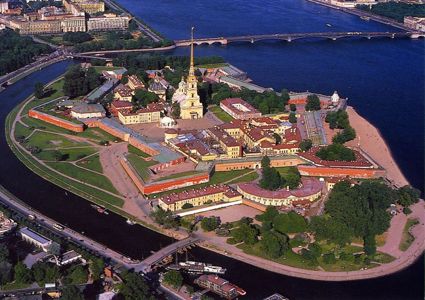
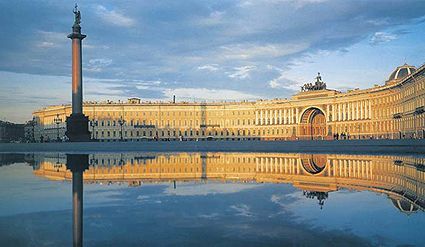
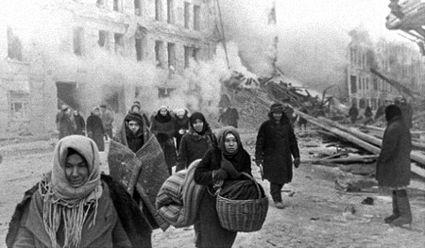
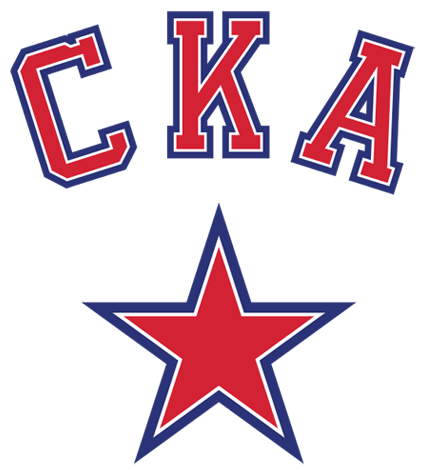
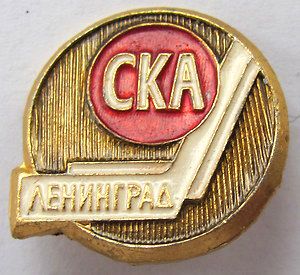
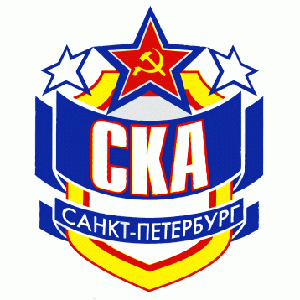
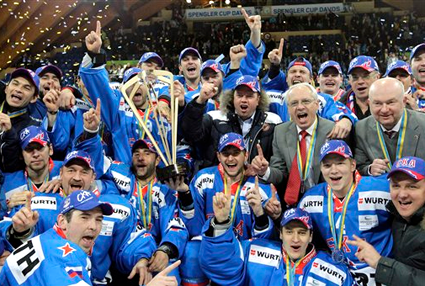

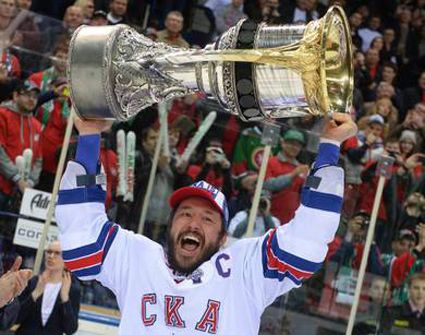
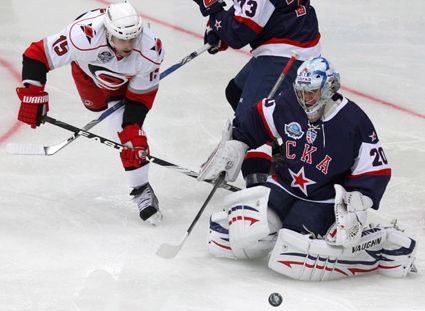
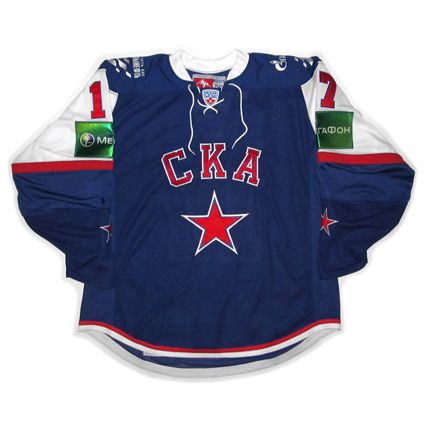
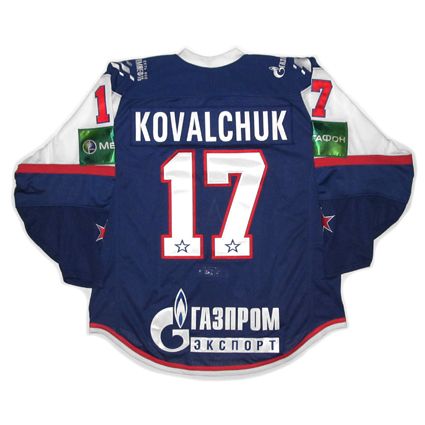










No comments:
Post a Comment
We welcome and encourage genuine comments and corrections from our readers. Please no spam. It will not be approved and never seen.